Key Takeaways for Diarrhoea in Dogs
- Probiotic pastes can provide quick relief for acute dog diarrhoea.
- Common causes of dog diarrhoea include dietary indiscretion, infections, and food allergies.
- Symptoms to watch for include loose stools, vomiting, and lethargy.
- Natural remedies such as fasting, pumpkin, and slippery elm can be effective treatments.
- Regular diet management of a raw food diet and reducing stress can help prevent future episodes.
Best Natural Dog Diarrhoea Remedies & Treatment Tips
Quick Fixes for Immediate Relief with a Probiotic Paste for Acute Diarrhoea
When your dog suddenly has diarrhoea, it can be alarming. One of the quickest natural remedies is a probiotic paste. Probiotic pastes contain beneficial bacteria that help restore the balance in your dog's gut. These pastes can relieve diarrhoea, gas, and bloating while also supporting the immune system. Probiotic pastes, like JP's probiotic paste for dogs and cats, can resolve your dog or cat's diarrhoea within 48 hours. To use a probiotic paste, follow the directions on the packaging to ensure your dog gets the correct dosage. Start your dog on probiotics as soon as you see symptoms.

Causes of Dog Diarrhoea
Dietary Indiscretion
One of the most common causes of dog diarrhoea is dietary indiscretion. This means your dog has eaten something they shouldn't have. It could be table scraps, garbage, or even a new type of dog food. Dogs are curious creatures, and sometimes, their curiosity leads them to eat things that upset their stomachs.
Bacterial, Viral, and Parasitic Infections
Infections are another major cause of diarrhoea in dogs. Bacterial infections like Salmonella or E. coli, viral infections such as parvovirus, and parasitic infections like giardia can all lead to digestive upset. These infections often require veterinary attention, but natural remedies can help support your dog's recovery.
Food Allergies and Intolerances
Just like humans, dogs can have food allergies or intolerances. Common allergens include beef, dairy, wheat, and chicken. If your dog has a food allergy, their immune system reacts to the allergen, causing symptoms like diarrhoea, itching, and ear infections. Feed your dog a protein source from a raw food diet that they have not eaten before for 2-3 weeks. If there is no improvement, then try a protein source that they have not eaten before. This helps so much with dogs that have chronic diarrhoea and skin allergies.
Stress and Anxiety
Stress and anxiety can also cause diarrhoea in dogs. Changes in routine, new environments, or even loud noises can trigger digestive upset. It's essential to create a calm and stable environment for your dog to help prevent stress-related diarrhoea.
Recognising Symptoms and Diagnosis
Common Symptoms to Watch For
Diarrhoea in dogs can present with several symptoms. Besides loose stools, you might notice:
- Vomiting
- Lethargy
- Loss of appetite
- Dehydration
If your dog shows any of these symptoms, it's crucial to monitor their condition closely.
When to Consult a Vet
While many cases of dog diarrhoea can be managed at home, there are times when you should consult a vet. If your dog's diarrhoea persists for more than 48 hours, is accompanied by severe symptoms like bloody stools or constant vomiting, or if your dog is very young, old, or has a pre-existing condition, seek veterinary care immediately.
Diagnostic Tests
When you take your dog to the vet, they may recommend several diagnostic tests to pinpoint the cause of the diarrhoea. These tests can help rule out infections, allergies, and other underlying conditions.
One common test is a faecal examination. This involves analysing a stool sample to check for parasites or bacterial infections. Your vet might also conduct blood tests to assess your dog's overall health and detect any underlying issues that could be contributing to the diarrhoea. Additionally, if food allergies are suspected, allergy testing may be performed to identify specific allergens, but it is very inaccurate and expensive. In chronic cases, a bowel biopsy may be necessary, but we do not want to get to this stage.
Effective Natural Remedies
Once you understand the cause of your dog's diarrhoea, you can begin treating it with natural remedies. These remedies can help soothe your dog's digestive system and restore its health. It's important to note that while natural remedies can be very effective, they should be used in conjunction with veterinary advice, especially if your dog's condition is severe or persistent.
Fasting and Reintroduction of a Raw Food Diet
Fasting your dog for 24 hours can give their digestive system a chance to reset. During this time, make sure they have access to plenty of fresh water to prevent dehydration. After the fasting period, you can gradually reintroduce a bland food such as boiled chicken or raw food protein source. Many dog owners find success with a raw food diet, which mimics the natural diet of wild canines. Raw diets typically include raw meat, meaty bones, and vegetables. This type of diet can be easier on your dog's digestive system and help prevent future episodes of diarrhoea.
Fibre, Probiotics, Prebiotics, and Clinoptilolite Zeolite for Chronic Diarrhoea
For dogs with chronic diarrhoea, adding fibre, probiotics, prebiotics, and clinoptilolite zeolite to their diet can be beneficial. Fibre helps to bulk up the stool and promote regular bowel movements. Probiotics and prebiotics support a healthy gut microbiome, which is essential for proper digestion. Clinoptilolite zeolite is a natural mineral that can help detoxify the digestive system and absorb excess water, leading to firmer stools. This combination of supplements can provide long-term relief for dogs with chronic diarrhoea. JP's Fibre Supplement for Dogs contains all these natural ingredients and is extremely good for chronic diarrhoea and skin allergies.

Pumpkin and Sweet Potatoes
Pumpkin and sweet potatoes are excellent natural remedies for dog diarrhoea. Both are rich in fibre and nutrients that can help firm up your dog's stool and soothe their digestive system. To use pumpkin, simply add a few tablespoons of plain, canned pumpkin (not the spiced pie filling) to your dog's food. Sweet potatoes can be cooked and mashed, then mixed into their regular meals. These foods are gentle on the stomach and can help alleviate diarrhoea quickly.
Bone Broth
Bone broth is another soothing remedy for dogs with diarrhoea. It's packed with nutrients and easy to digest, making it an excellent option for dogs with upset stomachs. To make bone broth, simmer bones (such as chicken or beef bones) in water for several hours. Strain the liquid and let it cool before serving it to your dog. Bone broth can help keep your dog hydrated and provide essential nutrients while their digestive system recovers.
Slippery Elm
Slippery elm is a herb that can be very effective in treating dog diarrhoea. It works by coating the digestive tract with a soothing mucilage, which can reduce inflammation and irritation. You can find slippery elm in powder or capsule form at health food stores. To use it, mix the powder with water to form a paste and add it to your dog's food. This natural remedy can help calm your dog's digestive system and promote healing.
Marshmallow Root
Marshmallow root is another herb known for its soothing properties. Like slippery elm, it forms a protective layer over the digestive tract, which can help reduce inflammation and ease diarrhoea. To use marshmallow root, you can make a tea by steeping the dried root in hot water. Once it cools, you can add the tea to your dog's water or food. This gentle remedy can help support your dog's digestive health and alleviate diarrhoea.
Supportive Treatment Tips
It's important to closely monitor your dog's condition while they're recovering from diarrhoea. Keep an eye on their stools, appetite, and overall behaviour. If you notice any worsening symptoms or if diarrhoea persists for more than a few days, consult your vet for further guidance.
Keeping your dog hydrated is crucial when they have diarrhoea. Diarrhoea can lead to significant fluid loss, which can quickly result in dehydration. Ensure your dog has access to fresh water at all times. You can also offer them electrolyte solutions designed for pets to help replenish lost fluids and minerals.
When to Change to a Raw Food Diet
If your dog frequently suffers from diarrhoea, it might be time to consider a raw food diet. Raw diets are closer to what dogs would eat in the wild and can be easier on their digestive systems. These diets typically consist of raw meat, meaty bones, and vegetables, which provide balanced nutrition without the additives and fillers found in many commercial dog foods. Before making any significant changes to your dog's diet, consult with your vet to ensure it's the right choice for your pet's specific needs.
Preventing Future Episodes
Preventing diarrhoea is often easier than treating it. By taking proactive steps, you can help keep your dog's digestive system healthy and reduce the risk of future episodes.
Regular Diet Management
Maintaining a consistent and balanced diet is one of the best ways to prevent diarrhoea. Avoid sudden changes in your dog's food and introduce new foods gradually. Stick to high-quality dog foods that are free from artificial additives and fillers. I strongly advise a raw food diet for dogs. Additionally, be mindful of commercially processed treats and table scraps.
Reducing Stressors
Stress can have a significant impact on your dog's digestive health. Identify potential stressors in your dog's environment and take steps to minimise them. This might include creating a quiet, comfortable space for your dog to relax, maintaining a consistent routine, and providing plenty of physical and mental stimulation.
Proactive Health Check-Ups
Regular vet check-ups are essential for maintaining your dog's overall health. During these visits, your vet can identify and address any potential issues before they become serious problems. Routine health screenings can help catch underlying conditions that might contribute to digestive upset, ensuring your dog stays happy and healthy.
FAQ
What is the best homemade remedy for dog diarrhoea?
One of the best homemade remedies for dog diarrhoea is plain, canned pumpkin. It's rich in fibre and can help firm up your dog's stool. Start with a small amount, such as a tablespoon, and mix it into your dog's food. Gradually increase the amount if needed, but avoid overfeeding, as too much fibre can have the opposite effect.
How long should I fast my dog with diarrhoea?
Fasting your dog for 24 hours can help reset their digestive system. During this time, make sure they have access to fresh water to stay hydrated. After the fasting period, gradually reintroduce a bland diet, such as boiled chicken or a raw food diet, to help ease their stomach back into regular eating. Fasting allows the digestive system to rest and recover, which can be crucial for resolving acute diarrhoea.
Can I give my dog human probiotics?
While some human probiotics can be safe for dogs, it's generally best to use probiotics specifically formulated for pets. These products are designed to meet the unique needs of a dog's digestive system and are more likely to provide the desired benefits. Always consult with your vet before giving your dog any new supplements, including probiotics.
What should I do if my dog's diarrhoea doesn't improve?
If your dog's diarrhoea doesn't improve after trying natural remedies and fasting, or if it worsens, consult your vet. Persistent diarrhoea can indicate a more serious underlying issue that requires professional medical attention. Your vet can perform diagnostic tests to determine the cause and recommend appropriate treatment.
Are there any foods I should avoid giving my dog to prevent diarrhoea?
Yes, certain foods can trigger diarrhoea in dogs and should be avoided. These include:
- Rich or fatty foods
- Dairy products
- Spicy foods
- Chocolate and caffeine
- Grapes and raisins
- Onions and garlic
By following these natural remedies and treatment tips, you can help your dog recover from diarrhoea and maintain a healthy digestive system. Always consult with your vet before making significant changes to your dog's diet or treatment plan and monitor their condition closely to ensure the best possible outcome.
Dr Paul Boland BVSc, MRCVS





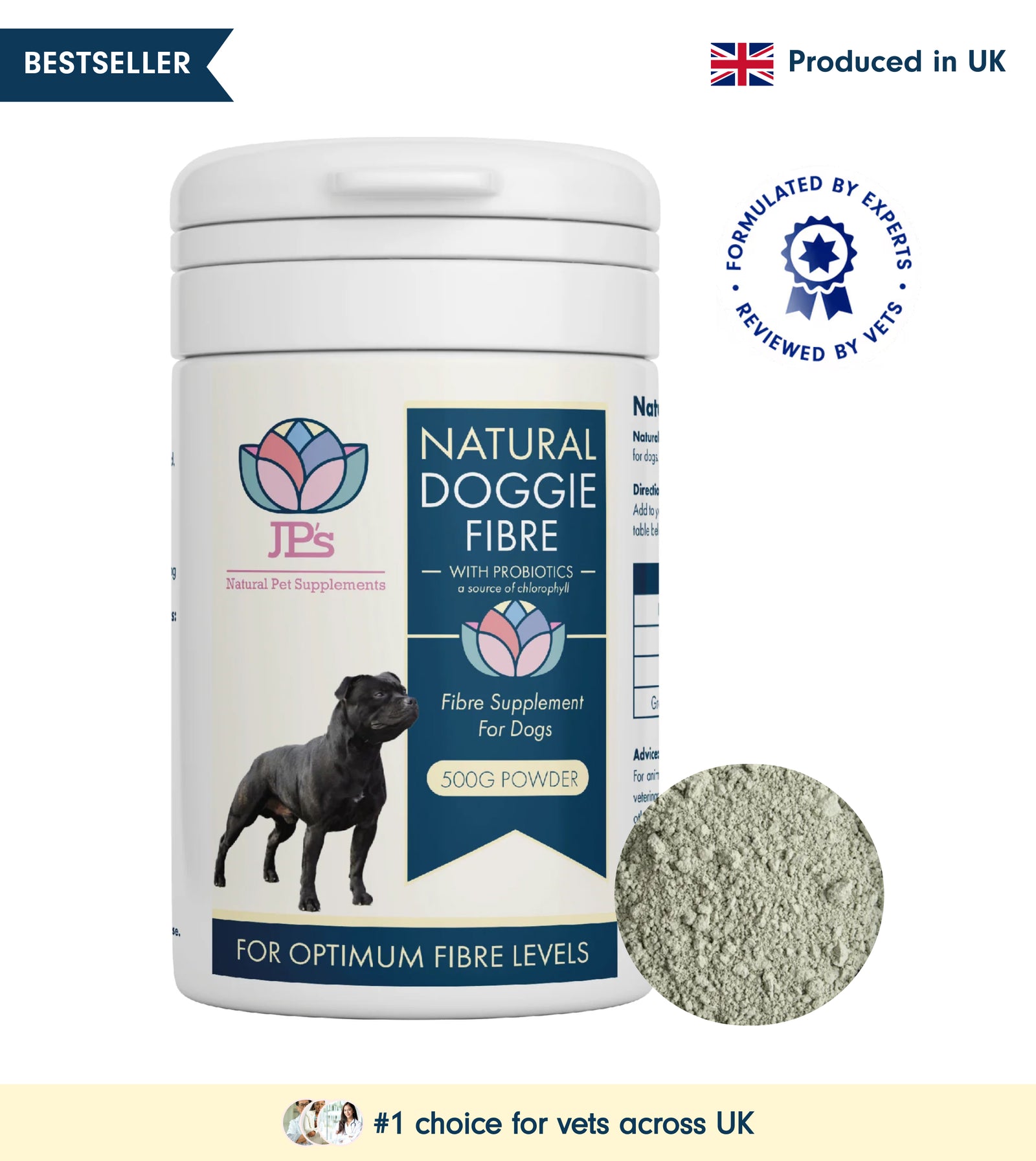
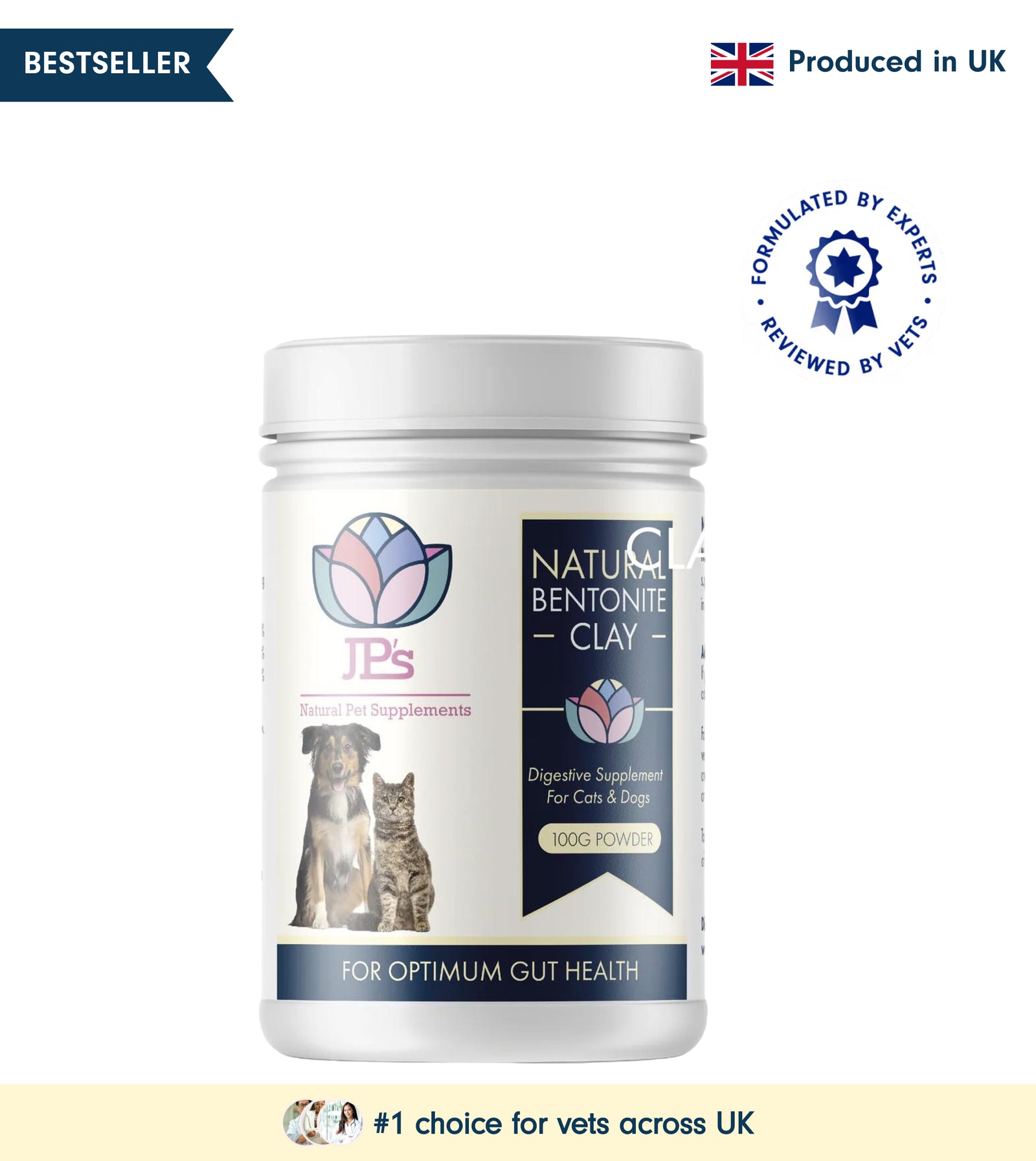
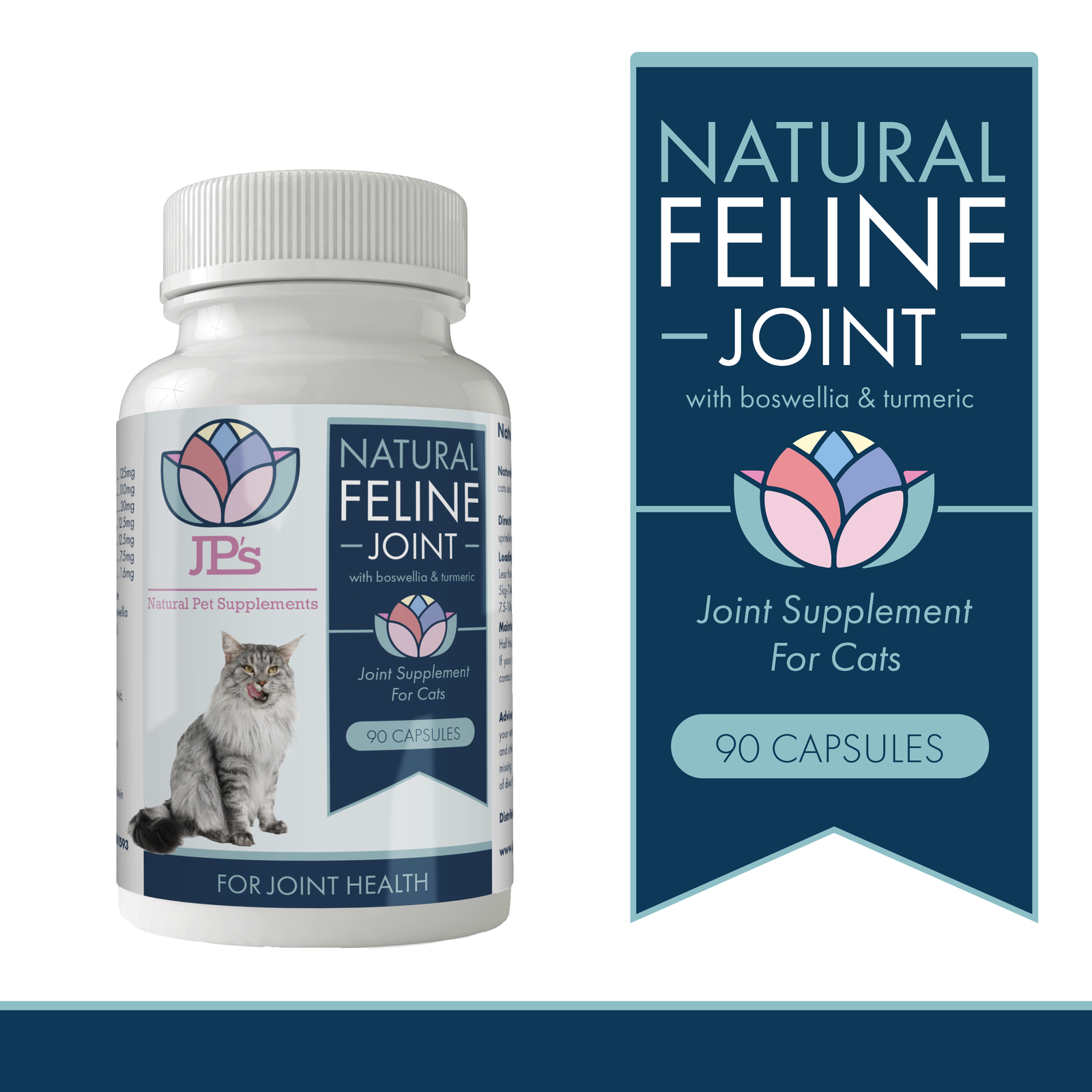
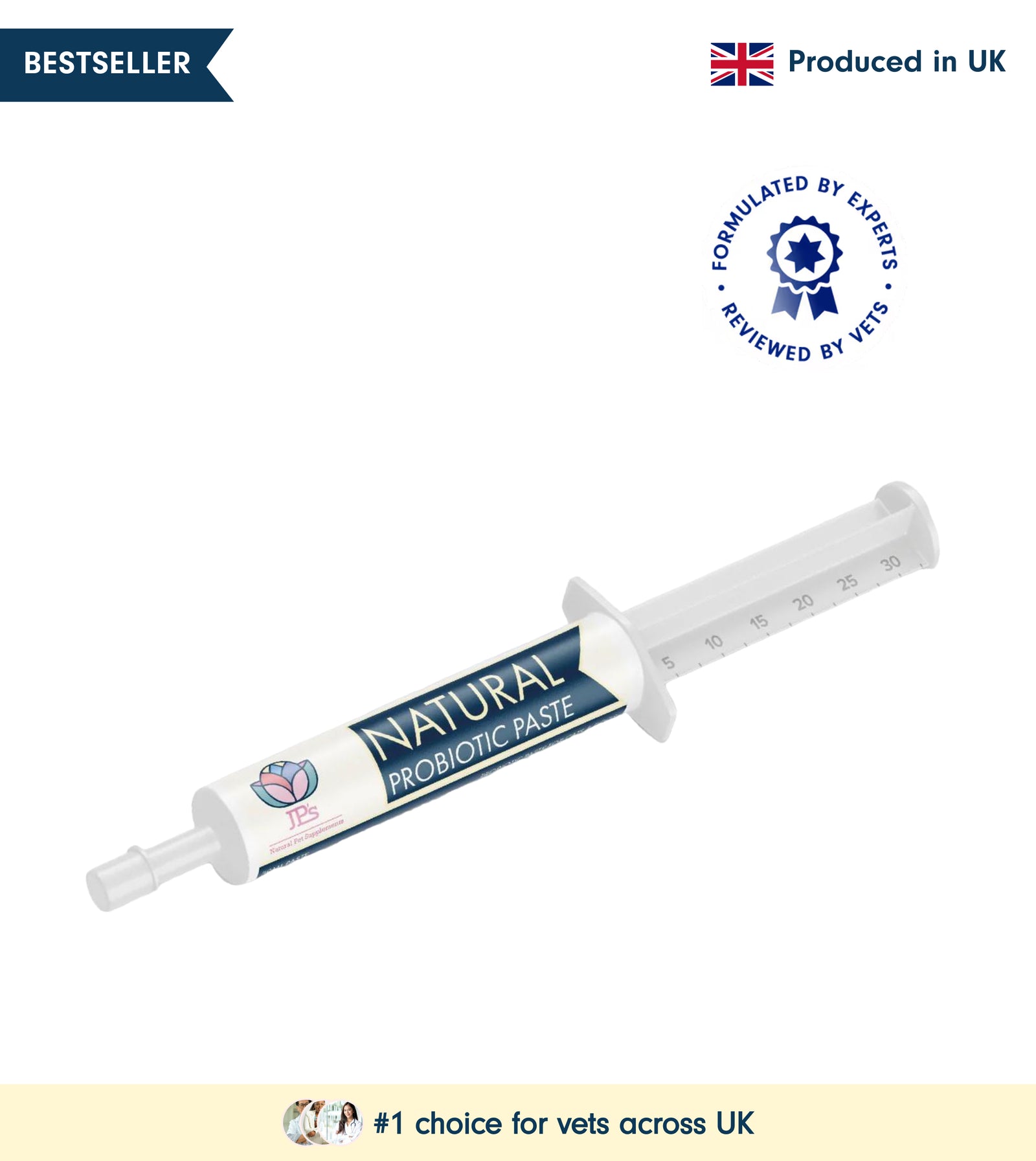
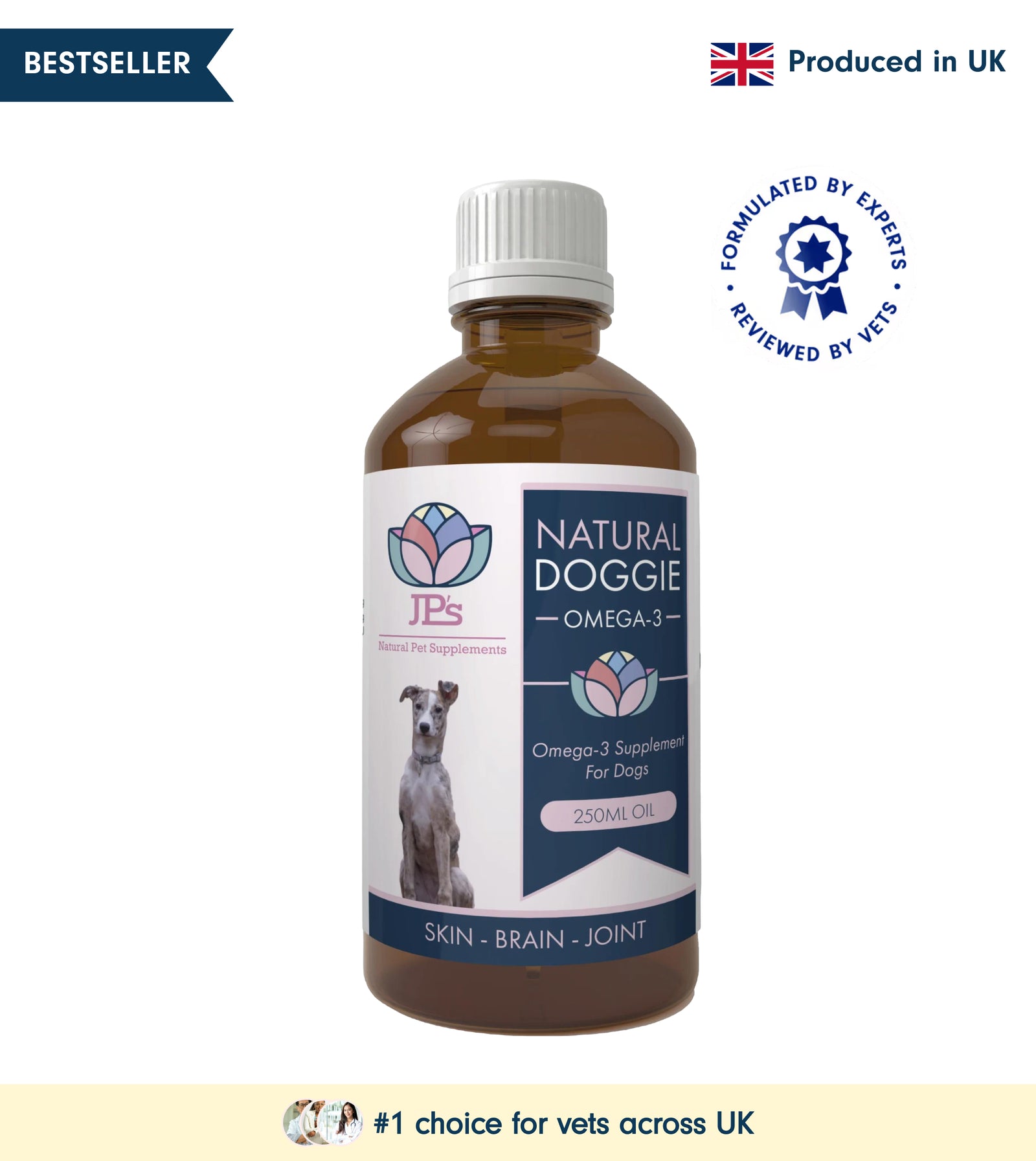
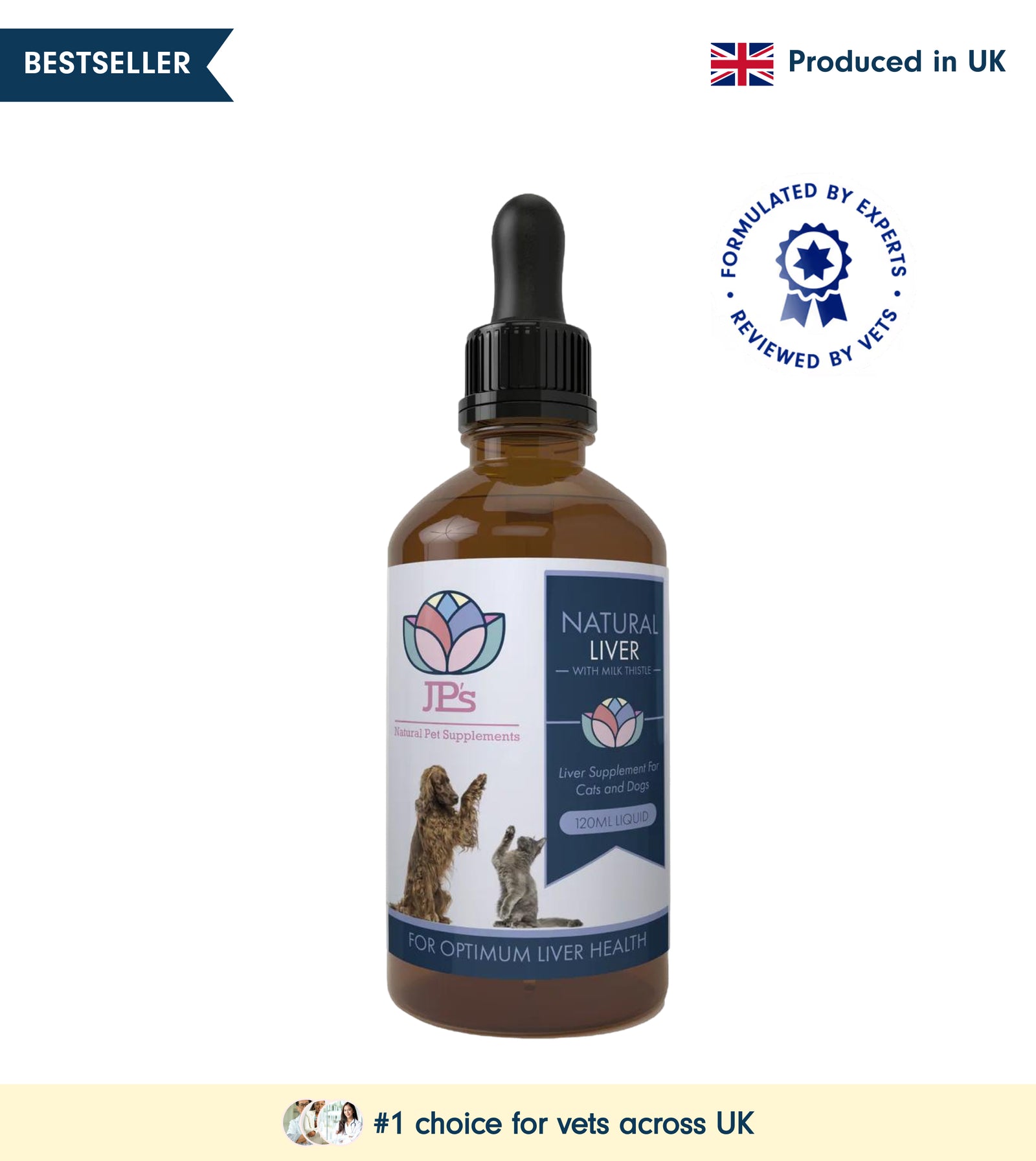
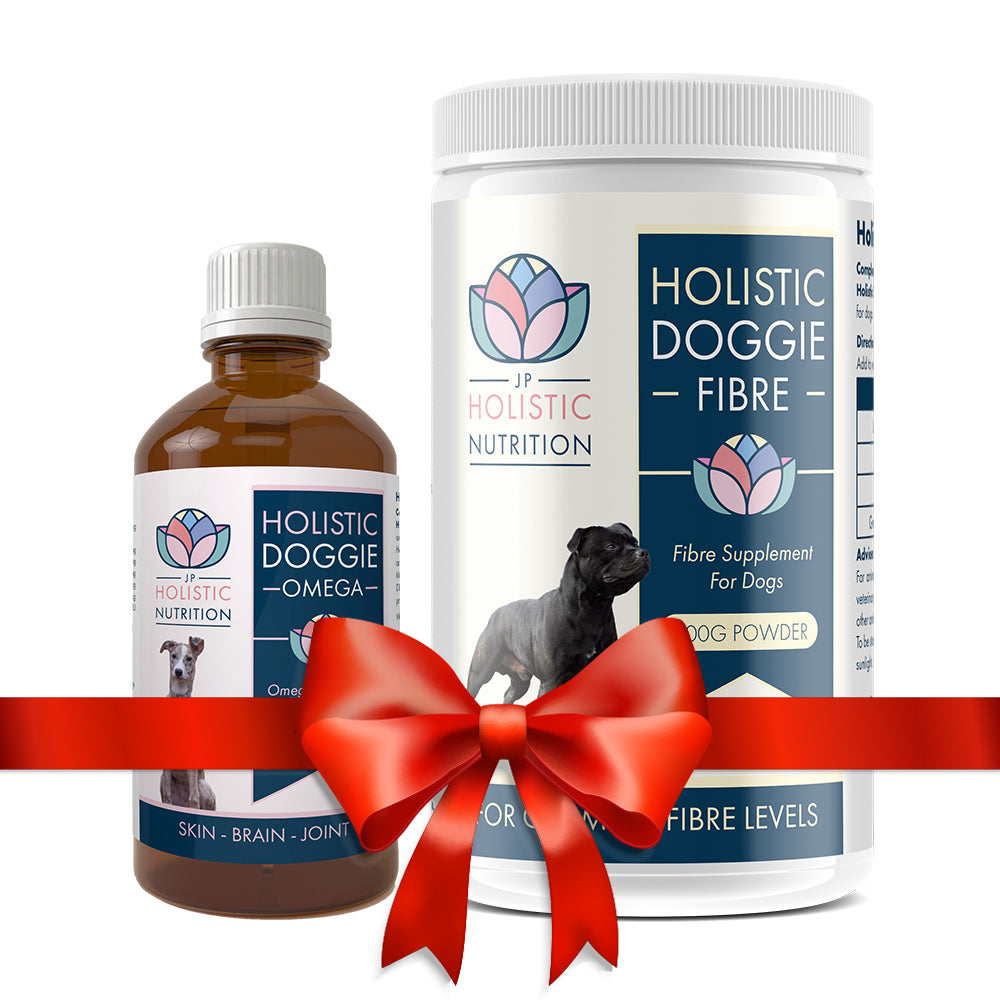
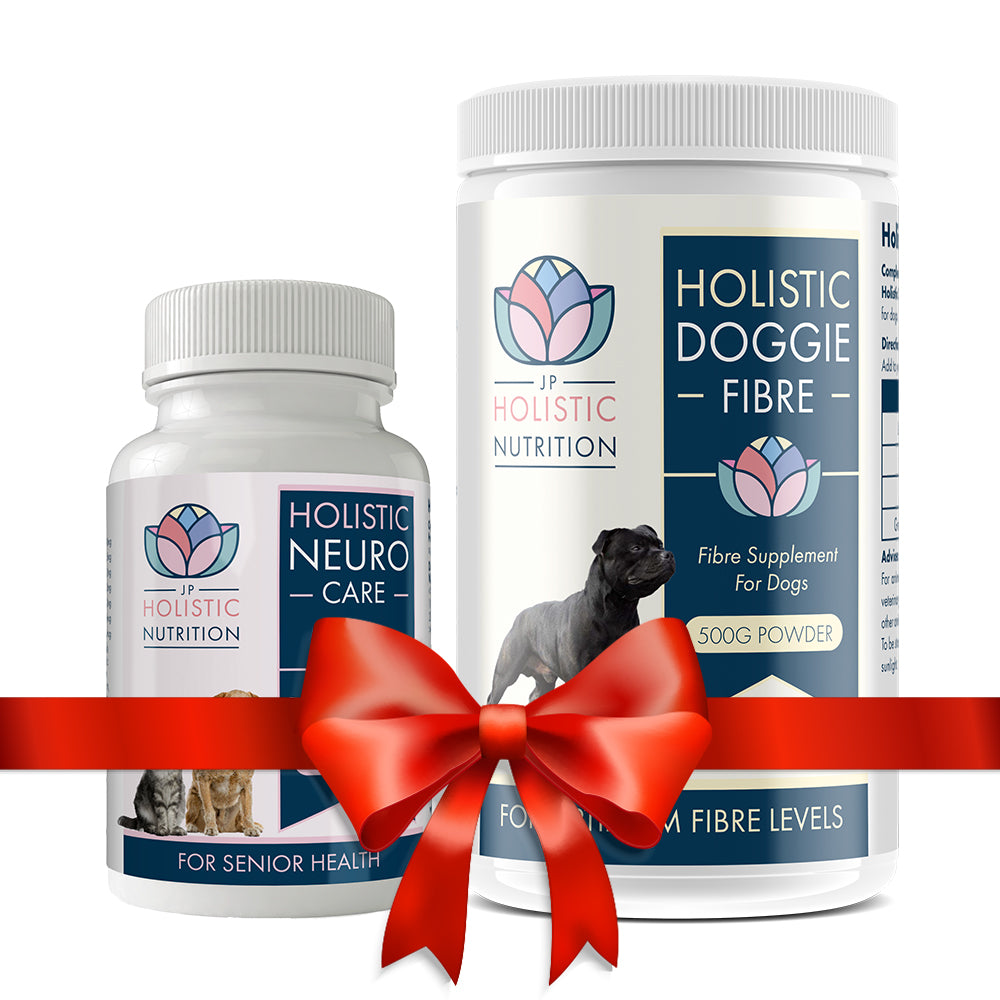
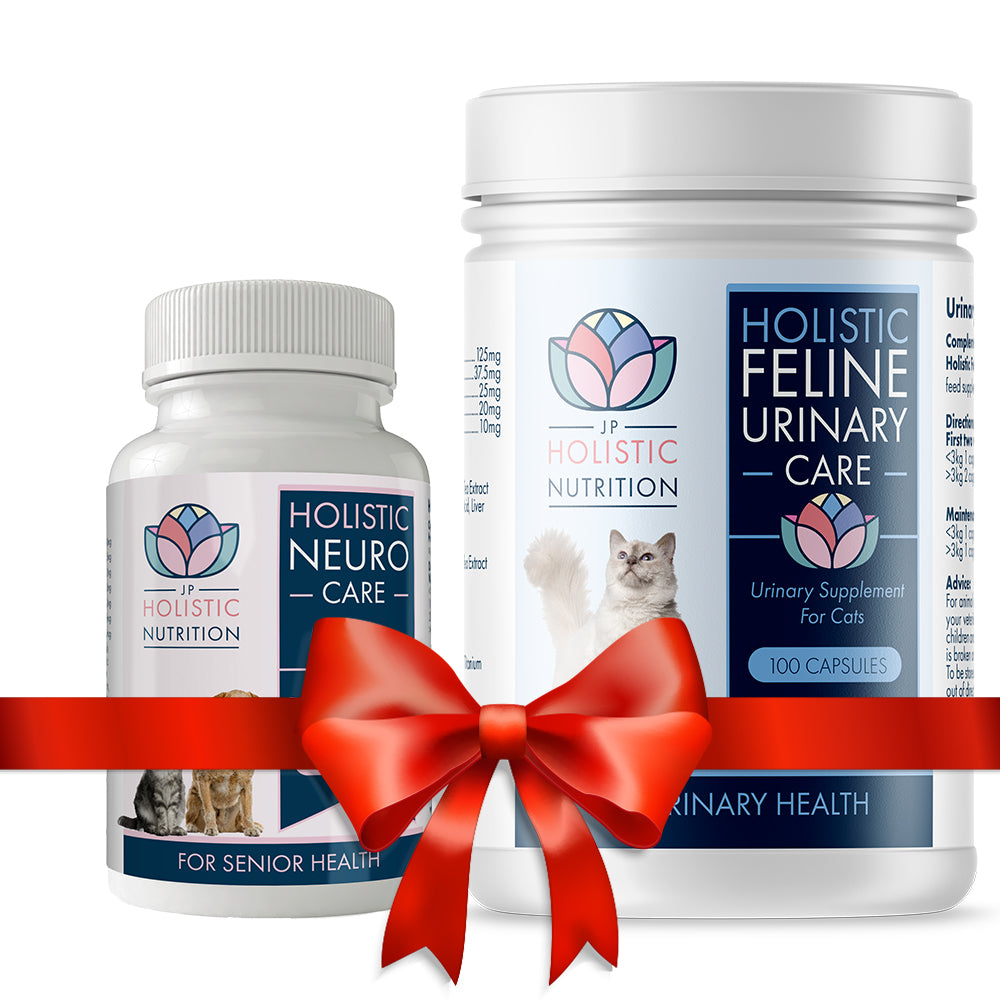
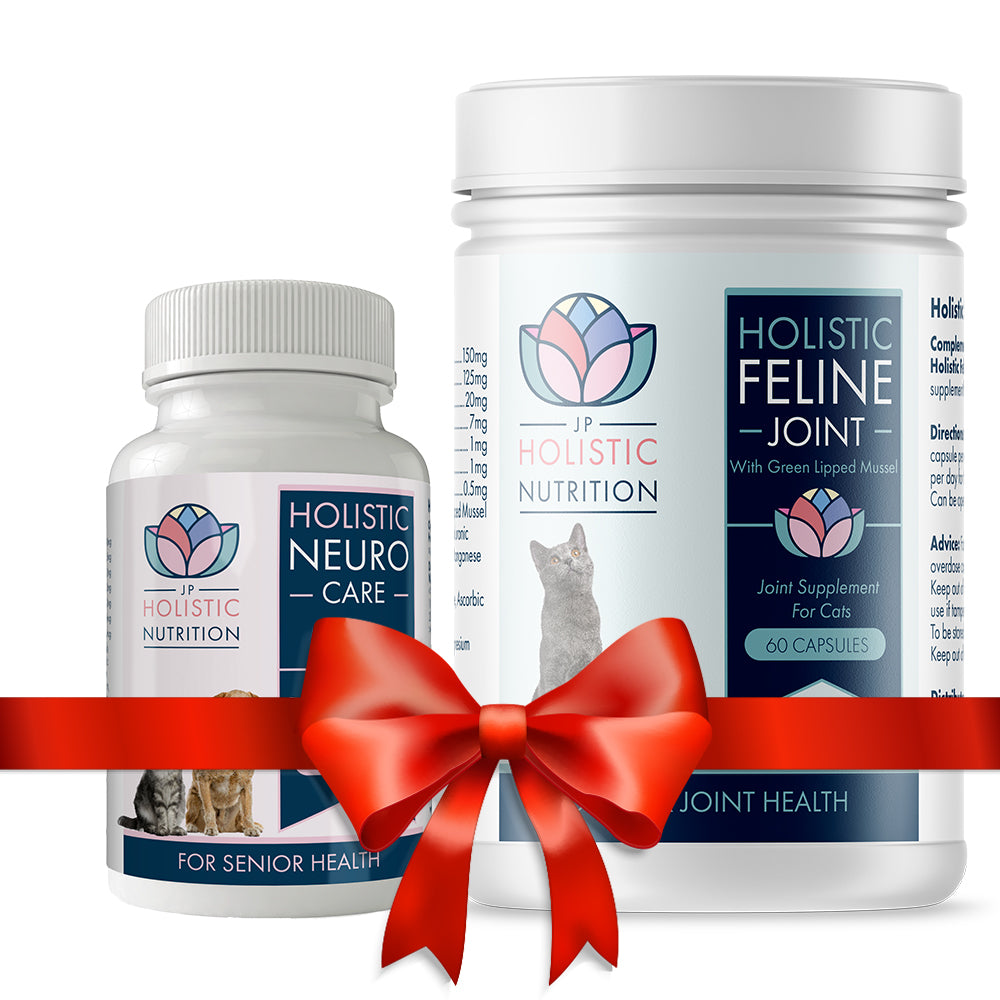
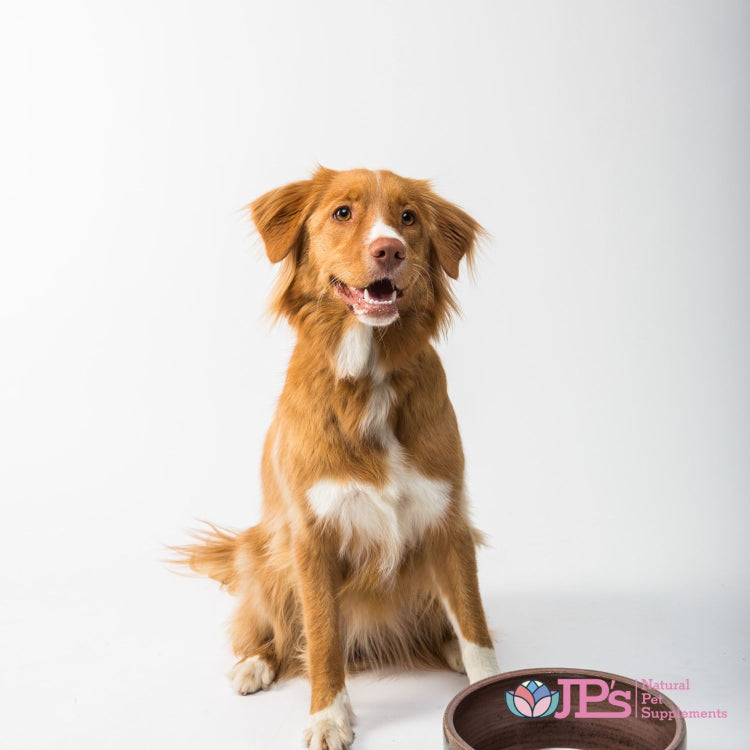


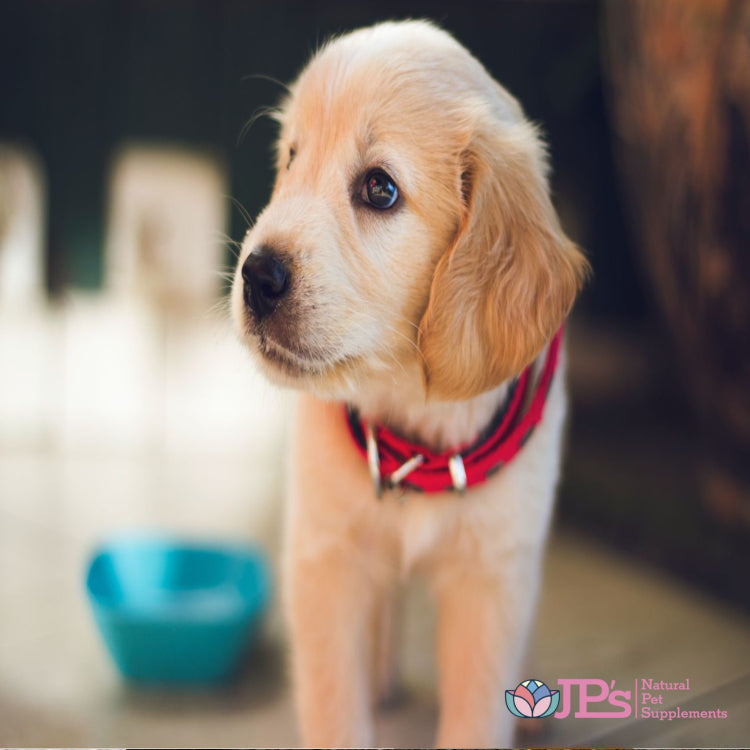
Leave a comment (all fields required)